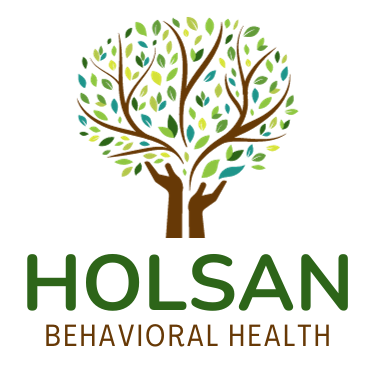April 2nd marks World Autism Awareness Day, a time to recognize and support individuals on the autism spectrum. Understanding the early signs of autism can lead to early interventions, which greatly improve long-term outcomes. In this blog, we will explore five early signs of autism and how families and caregivers can provide meaningful support.
1. Delayed Speech and Communication
One of the most noticeable early signs is a delay in speech and communication skills. While some children may begin speaking later than others, consistent delays in babbling, gesturing, or forming words by the expected age range (12-18 months) can be an indicator of autism.
How to Provide Support: Early intervention speech therapy can help children develop communication skills. Utilizing visual aids, sign language, or alternative communication methods may also be beneficial.
2. Limited Eye Contact and Social Interaction
Children on the autism spectrum may avoid direct eye contact and have difficulty engaging in typical social interactions. They might not respond to their name, show little interest in playing with peers, or struggle to understand social cues.
How to Provide Support: Encouraging interaction through play therapy and structured social activities can help improve social skills. A therapist specializing in Applied Behavior Analysis (ABA) can provide targeted support to enhance social development.
3. Repetitive Behaviors and Restricted Interests
Autistic children often engage in repetitive behaviors such as hand-flapping, rocking, or repeating phrases (echolalia). They may also develop deep, specific interests in certain topics, objects, or routines and become distressed if those routines are disrupted.
How to Provide Support: Allowing structured routines while gradually introducing small changes can help ease transitions. Occupational therapy can also assist in managing repetitive behaviors.
4. Sensory Sensitivities
Many autistic individuals experience heightened or diminished sensitivity to sensory input. They may be overly sensitive to sounds, lights, textures, or smells, or they may seek out certain sensory experiences like spinning or touching different textures.
How to Provide Support: Sensory-friendly environments and activities, such as noise-canceling headphones or weighted blankets, can help manage sensitivities. Working with an occupational therapist specializing in sensory integration can be highly beneficial.
5. Difficulty Understanding Emotions
Children with autism often struggle with recognizing and expressing emotions. They may have difficulty understanding facial expressions, tone of voice, or body language, which can make social interactions challenging.
How to Provide Support: Teaching emotional recognition through social stories, visual emotion charts, and role-playing can be helpful. Therapists trained in social-emotional learning can offer strategies to improve emotional intelligence.
The Importance of Early Diagnosis and Intervention
Early intervention is crucial for children on the spectrum. A professional evaluation can provide a clear diagnosis and lead to appropriate therapies tailored to the child’s needs. If you suspect your child may be showing early signs of autism, seeking guidance from a specialist is the first step toward creating a supportive environment.
Resources and Additional Reading
For those seeking more information, early intervention, and therapeutic approaches, the following resources are highly recommended:
- The Autism Society: www.autismsociety.org
- Centers for Disease Control and Prevention (CDC): www.cdc.gov/ncbddd/autism
- Autism Speaks: www.autismspeaks.org
These organizations offer research-based insights, support groups, and educational materials to help families navigate autism with confidence.
Final Thoughts
Raising awareness and understanding is key to building a more inclusive society. By recognizing early signs and providing effective support, we can help autistic individuals reach their full potential. If you have concerns about your child’s development, don’t hesitate to seek professional guidance—early support can make all the difference.
For more resources and expert guidance, contact Holsan Behavioral Health today.
“Every child is a different kind of flower, and all together, make this world a beautiful garden.”

